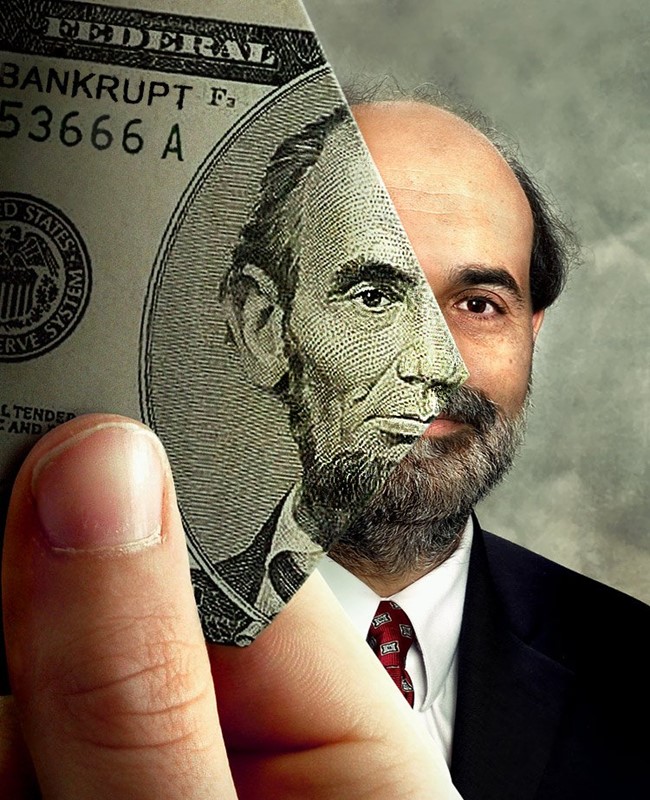Why The Future Will Not Be Like Call Of Duty: Black Ops 2
November 27, 2012 in Daily Bulletin

Some are complimenting the latest installment in the Call of Duty franchise for the realistic basis upon which its future war storyline is built. It won’t happen writes J. Dana Stuster:
- In the game the US launches a cyber-attack against China. China retaliates by halting exports of rare-earth minerals. The US attacks because it needs those minerals for use in gadgets.
- However while China might produce 95% of the world’s rare-earth metals today, it controls only half of the globe’s supply, and the US could develop and draw upon those resources instead.
- Moreover in history there is little precedent of wars being fought over “absolute scarcities”. The price of rare-earth metals might rise but the United States is unlikely to go to war because of that.
- Finally the game (which started production around 2011) has David Petraeus as secretary of defense. In light of recent developments this seems fairly unlikely.
Read more about why the term “rare-earth metal” is misleading, how much of the stuff we have, and what 1971 can teach us, over here.
Source: Foreign Policy









Join the Discussion! (No Signup Required)